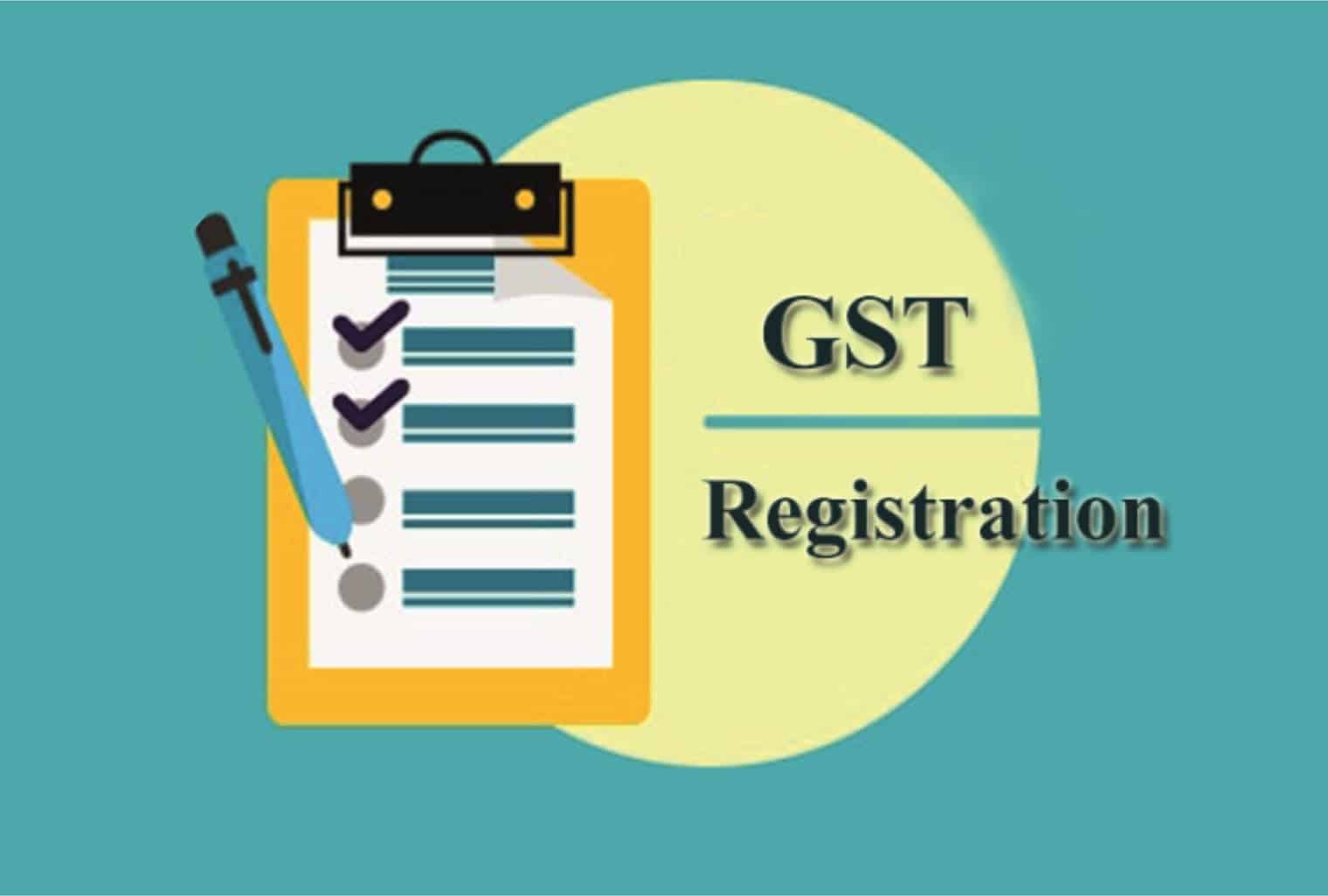Understanding the Conveniences of Singapore GST Registration for SMEs
Understanding the Conveniences of Singapore GST Registration for SMEs
Blog Article
The Ultimate Overview to Streamlining the GST Registration Process and Needs for Local Business Owners

Comprehending GST Fundamentals
To realize the fundamentals of the Goods and Provider Tax Obligation (GST) system, tiny service proprietors have to initially understand its underlying ramifications and concepts. GST is a value-added tax obligation levied on most goods and services for residential consumption. It intends to enhance the taxation process by changing several indirect taxes imposed by the state and central federal governments. Under the GST regimen, companies are required to gather and register tax obligation on part of the government, guaranteeing openness and compliance.
One of the crucial principles of GST is input tax obligation credit, which allows services to assert credit report for tax obligations paid on their acquisitions. This system avoids the cascading effect of tax obligations and promotes effectiveness in the tax obligation system. In addition, GST is a destination-based tax, indicating that the tax is levied at the factor of usage instead of the factor of origin. This guarantees fair circulation of tax obligation earnings among states based upon where the solutions or goods are eaten. Comprehending these standard concepts is important for small company proprietors to browse the intricacies of the GST system and make certain compliance with the law.
Eligibility Criteria for Enrollment
Having actually established a foundational understanding of GST concepts, small company owners must now meet particular eligibility requirements to wage the enrollment process. In India, entities involved in the supply of goods or services with an annual aggregate turnover exceeding Rs. 40 lakhs (Rs. 10 lakhs for unique classification states) are needed to register for GST. Furthermore, particular organizations such as those involved in inter-state supply of items, informal taxable individuals, and those called for to pay tax under the reverse fee mechanism must register for GST irrespective of their turn over. In addition, organizations that were signed up under the previous tax routine (BARREL, service tax obligation, etc) are also mandated to sign up under GST. Nonetheless, farming businesses that only supply create out of primary manufacturing are excluded from GST enrollment. It is crucial for company owner to very carefully examine their qualification based upon these requirements to ensure conformity with the legislation and prevent any type of charges for non-compliance.
Files Required for GST Enrollment

Simplified Enrollment Process Actions
Adhering to the collection and verification of the requisite files, the enrollment process for GST can be navigated via a collection of streamlined steps developed to facilitate reliable compliance for small company proprietors. The initial step includes going to the GST site and selecting the 'New Registration' option. Subsequently, the candidate has to fill up in Part A of the GST REG-01 form with information such as frying pan, mobile number, and email address to obtain an OTP for confirmation. Once the OTP is gotten and entered, a Temporary Referral Number (TRN) is created for more procedures. The next action calls for completing Component B of the kind with needed business details, posting supporting records, and finishing the confirmation process using DSC or EVC. Upon successful verification, an Application Referral Number (ARN) is issued, indicating the conclusion of the GST registration procedure. By following these streamlined actions, small company owners can properly sign up for GST and ensure linked here compliance with tax guidelines.
Tips for Ensuring Conformity
To maintain governing adherence and operational stability, persistent oversight and aggressive actions are critical in making sure conformity with GST needs for tiny business proprietors. Little organization proprietors need to stay upgraded with GST policies, filing target dates, and any adjustments in tax anonymous obligation rates to prevent fines and maintain a good standing with tax authorities. Attending GST understanding workshops or training programs can improve understanding and compliance with GST regulations, ultimately profiting the business in the long run.
Final Thought
To conclude, small company proprietors have to understand the essentials of GST, satisfy the eligibility criteria, collect required documents, and follow the streamlined enrollment process actions to make certain conformity. By streamlining the GST registration procedure and demands, local business owners can prevent penalties and run their organizations smoothly within the lawful framework - Singapore GST Registration. It is essential for small company owners to remain certified and enlightened with GST regulations to maintain an effective organization operation
Little organization owners seeking GST enrollment have to ensure they gather and submit the essential files to finish the enrollment procedure successfully. The documents required for GST enrollment typically consist of proof of organization enrollment or unification, PAN (Permanent Account Number) card of the organization identification, entity and address proof of the promoters/partners/directors, pictures, address evidence of the place of business, bank account declarations or terminated cheques, and authorization types. Going to GST understanding workshops or training programs can improve understanding additional reading and conformity with GST laws, eventually benefiting the business in the lengthy run.
By streamlining the GST enrollment procedure and needs, tiny service proprietors can prevent penalties and operate their businesses efficiently within the legal structure. It is essential for tiny service owners to stay certified and enlightened with GST regulations to preserve an effective company procedure.
Report this page